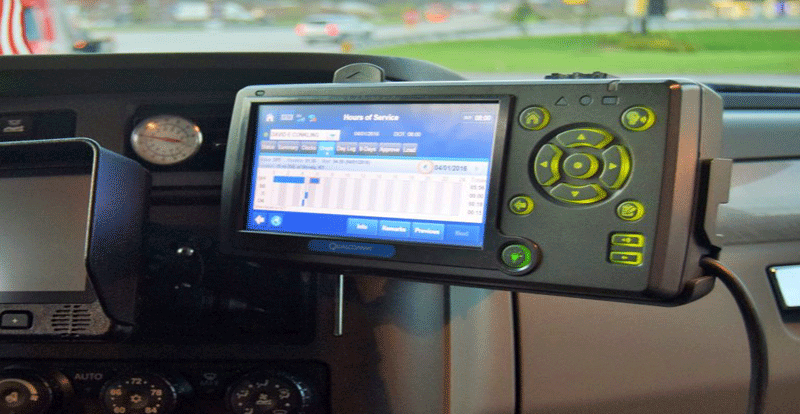
On June 15, the FMCSA filed its response to the legal challenges brought by OOIDA against its electronic logging device mandate.
The 60-page document defends the ruling against challenges of constitutionality. FMSCA says that ELDS are only meant to track hours of service compliance and that they are no different to paper logs.
OOIDA’s principal argument against the ELD mandate claims that the tracking requirements listed in the mandate rule violate the Fourth Amendment’s protection against illegal search and seizure.
FMCSA negates OOIDA’s claims, contending that their constitutional rights to privacy will not be violated by ELDs.
The reason? The agency claims that a truck driver doesn’t have a high expectation of privacy while on the job.
FMCSA argued that infringement of privacy is part of being a trucker. They claim that trucking has:
“long tradition of close government supervision.’”
The FMCSA’s legal response to the allegation included:
- The rule was required by Congress
- ELDS are more reliable at tracking hours of service than paper logs. It will “increase compliance.”
- It will reduce crashes, according to the cost-benefit analysis
- ELDs do not violate the Fourth Amendment
- ELDs will not infringe on privacy any more than paper logs do.
- Truckers do not have high expectations for privacy since it is a highly regulated industry
OOIDA hopes to overturn the ELD requirement with its challenge, as they did so successfully after a prior mandate. The new lawsuit will be heard by the same court that overturned the 2010 attempt at an ELD mandate.
According to ccjdigital, if not overturned:
By December 18, 2017, all truck drivers (with very few exceptions) who are mandated to keep records of duty status, will be required to use an ELD to track hours compliance.
